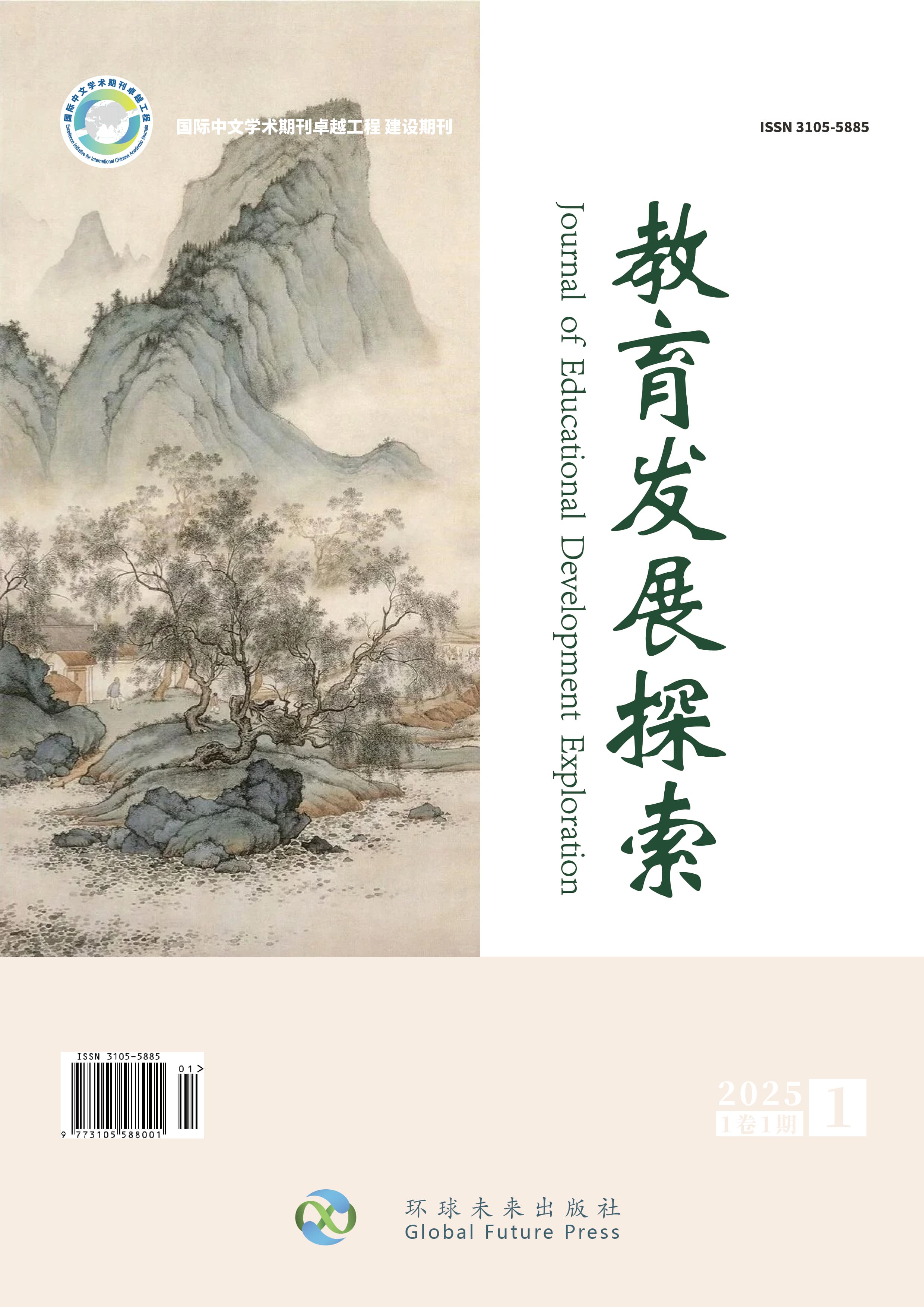Research on Innovative Teaching of Classical Chinese in Junior High School Chinese Based on Generative AI
DOI:
https://doi.org/10.65196/hr3esw28Keywords:
assignment design, unit-based holistic instruction, integrated practical assignmentsAbstract
With the comprehensive rollout of the “Double Reduction” policy, optimizing assignment design has become an important pathway to improving the quality of compulsory education. Using Chengdu Wenweng Experimental Middle School as a case, this study targets problems in junior high school English assignments—such as single forms, mechanical content, disconnection from real life, and insufficient cultivation of competencies. Drawing on Multiple Intelligences theory and integrated curriculum theory, and employing action research, questionnaires, and interviews, it constructs a system of integrated practical assignments organized by unit themes and characterized by interdisciplinary integration, and proposes four design principles: unit holism, comprehensive application, real-life practice, and individualized tiering. Practice shows that such assignments significantly enhance students’ comprehensive language-use ability, learning interest, and collaborative inquiry awareness, while also promoting teachers’ assignment-design capacity and professional development. This study provides a feasible practical model and reference for optimizing and innovating junior high school English assignments under the “Double Reduction” policy.



